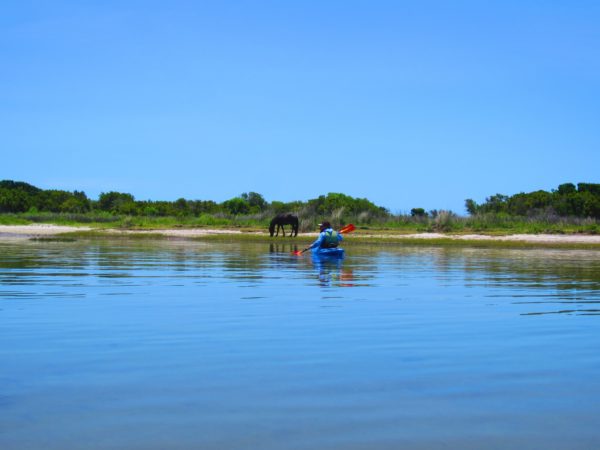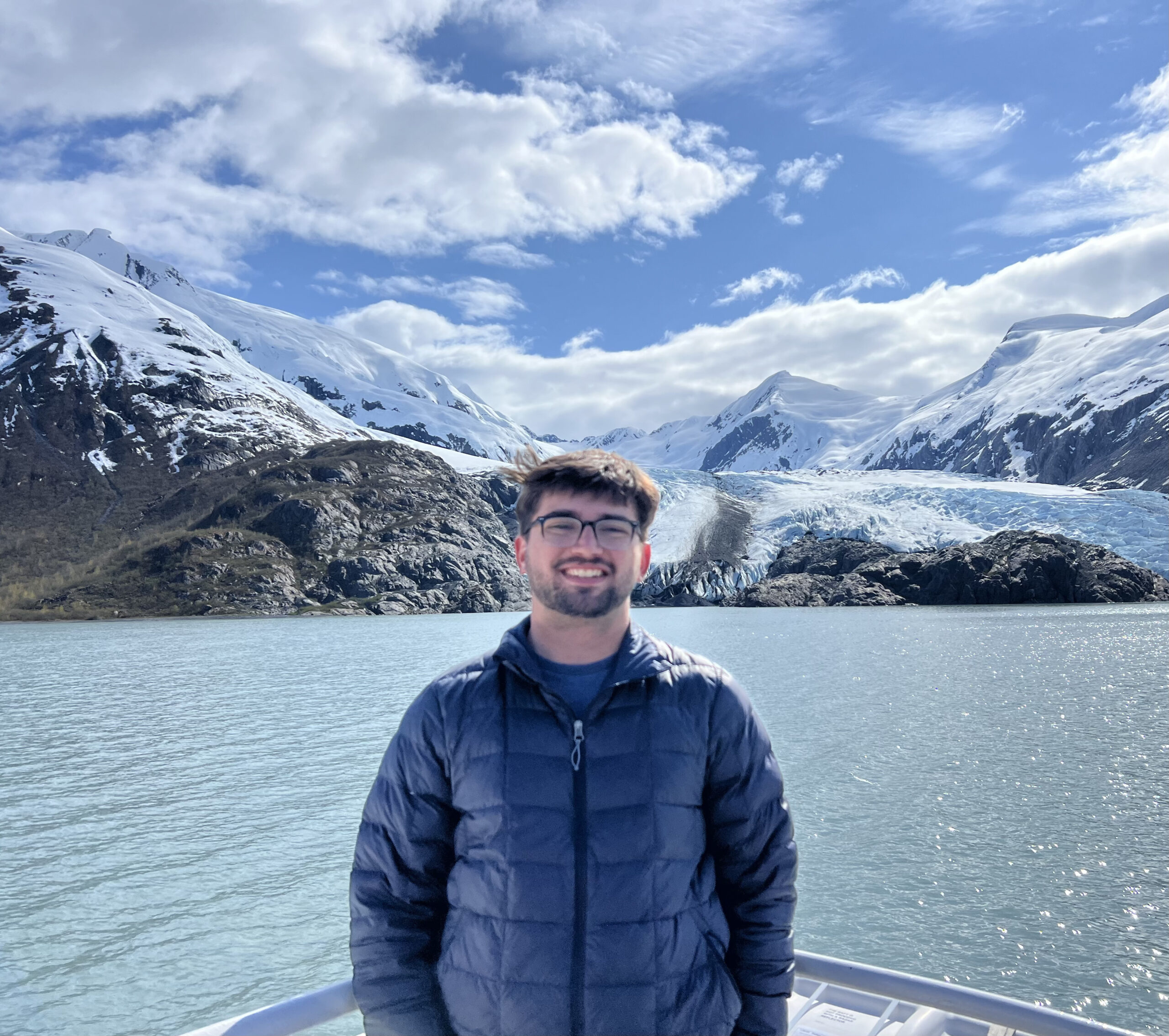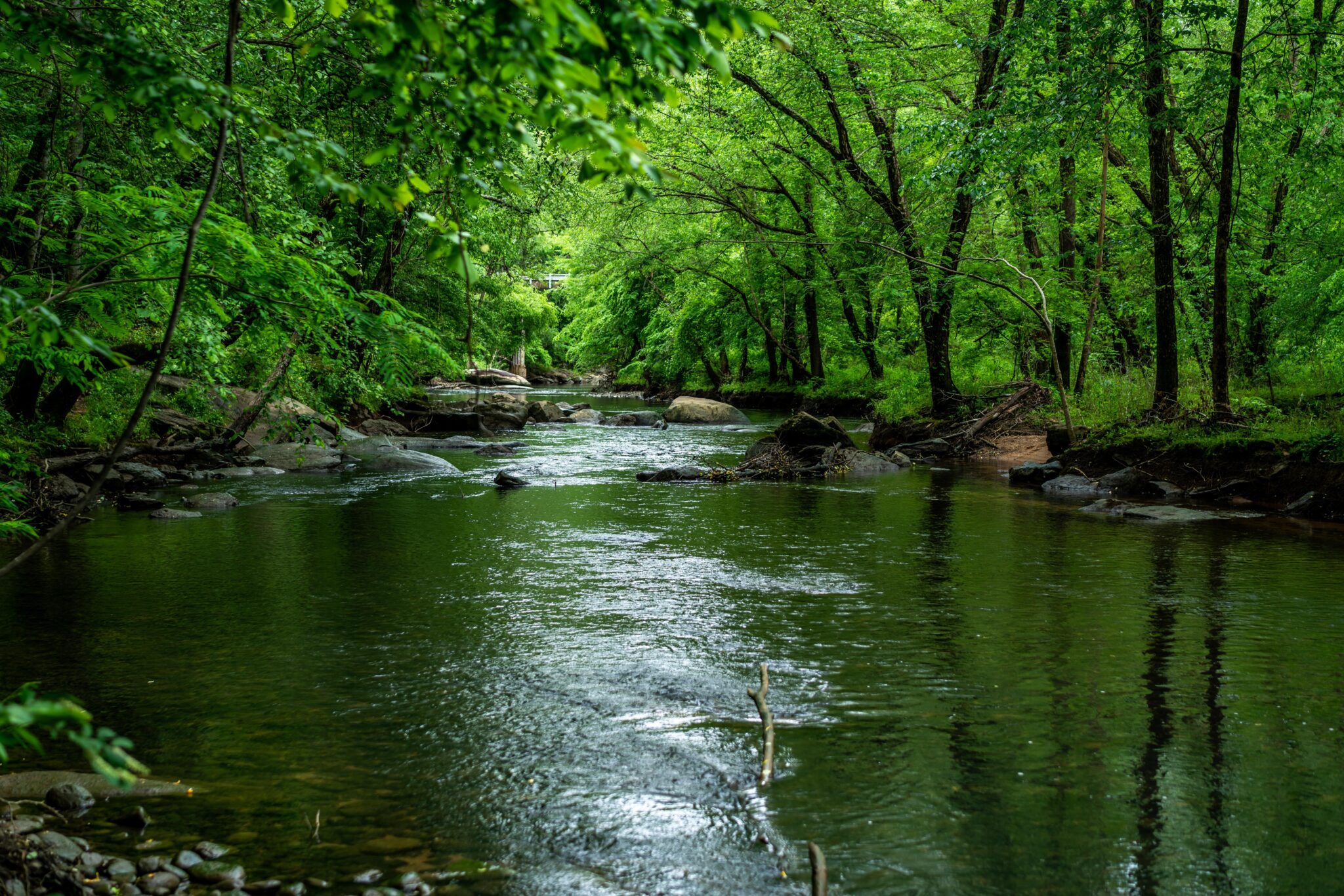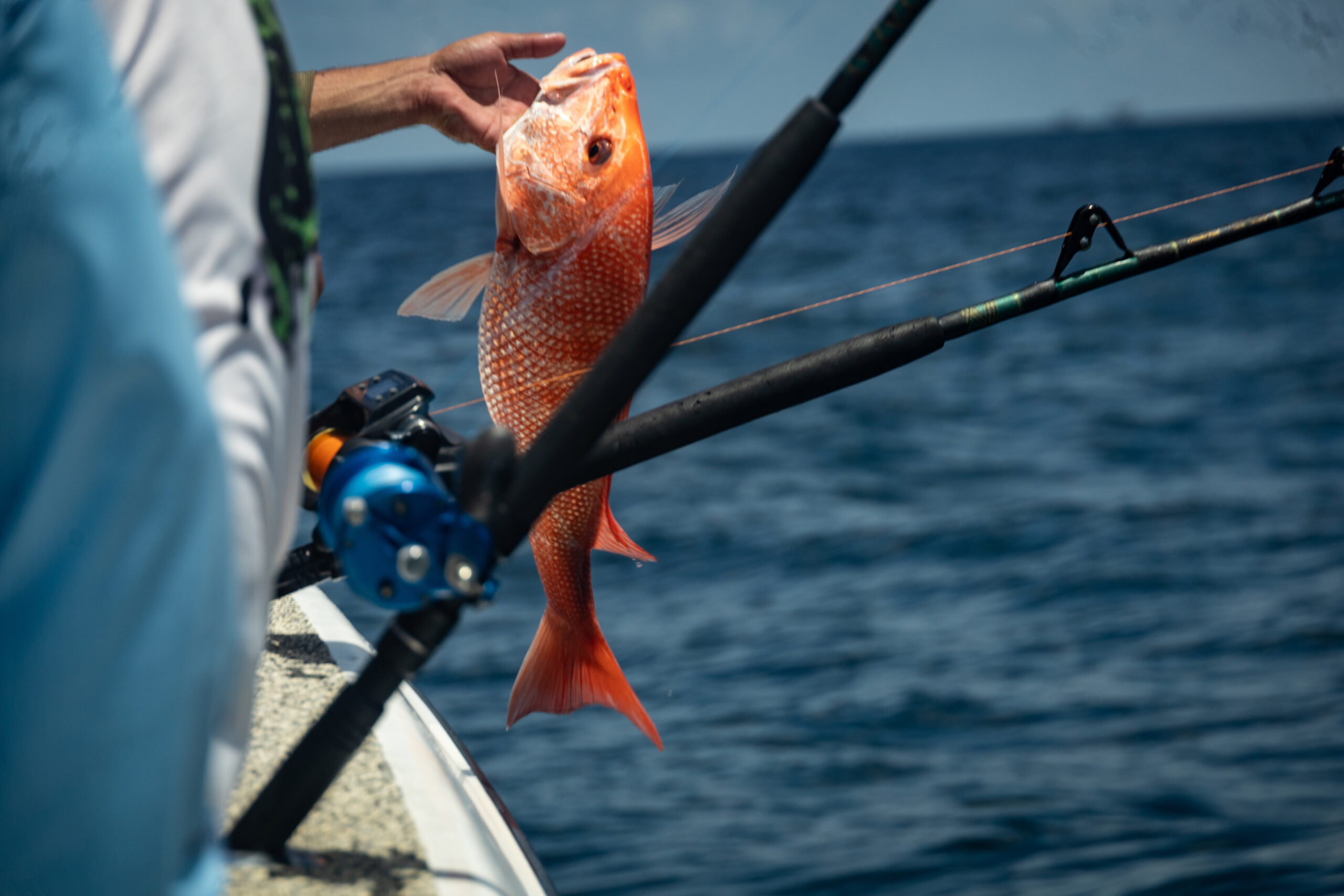Coastal Research Fellowship Application Open

Above: The N.C. Coastal Research Fellow will conduct work within the sites managed by the N.C. Coastal Reserve, such as the Rachel Carson Reserve, pictured here. Photo by Sarah Spiegler
Contact:
Katie Mosher, North Carolina Sea Grant, 919-515-9069, kmosher@ncsu.edu
John Fear, North Carolina Sea Grant, 919-515-9104, jmfear@ncsu.edu
Brandon Puckett, N.C. Coastal Reserve and National Estuarine Research Reserve, brandon.puckett@ncdenr.gov
The North Carolina Coastal Reserve and National Estuarine Research Reserve and North Carolina Sea Grant are seeking applications for a joint fellowship. Proposals are due by 5 p.m. Monday, Dec. 3, 2018.
The N.C. Coastal Research Fellowship provides North Carolina-based graduate students with an opportunity to conduct research within one or more of the 10 sites that constitute the reserve. Sea Grant and the Coastal Reserve anticipate awarding one fellowship for $10,000. All work must be completed by Dec. 31, 2019.
“This fellowship provides students hands-on training in understanding coastal processes, and that knowledge is valuable to both programs,” says John Fear, Sea Grant deputy director. “We’re interested to see what new projects students will propose this year.”
Brandon Puckett, research coordinator for the Coastal Reserve, also finds that the fellows’ research provides valuable insight into important coastal management issues.
“Every year, these fellows produce sound science that challenges us to critically think about how we respond to issues like invasive species, water quality and how people perceive coastal resources in North Carolina,” Puckett explains.
The proposed research must address coastal management issues in one or more of these focus areas:
- Social perception of the value of coastal ecosystems and protected areas
- Effects of air and water quality on coastal habitats and associated flora and fauna
- Hurricanes: a) sources, composition and impacts of marine debris, b) ecological and geological responses to extreme events
- Impact of invasive species on coastal ecosystems and human communities
- Evaluation of habitat restoration practices and/or shoreline stabilization approaches
- Impacts of changing environmental conditions on ecosystem services
For details on the application process, including instructions on how to complete a data management plan required by the National Oceanic and Atmospheric Administration, go to ncseagrant.ncsu.edu/ncsg_reserve_fellowship. Read about past fellows at go.ncsu.edu/oww27d.
###
North Carolina Sea Grant: Your link to research and resources for a healthier coast.
- Categories:


